Our approach
Our waste management practices refer to the waste hierarchy where possible, with priority given to waste prevention before the consideration of waste management, including re-use and recycling. The hierarchy provides us with a structured approach to waste management, allowing us to prioritise actions based on their environmental impact.
Focus
Resource management and circularity
Our waste management strategy prioritises food, plastic and construction waste. We also explore solutions for other waste streams. Our portfolio companies partner with stakeholders to drive responsible consumption and production by expanding the availability of sustainable products. They also reference the Waste Hierarchy to reduce waste, adopt circular practices and explore waste-to-value solutions.
Initiatives across the Group
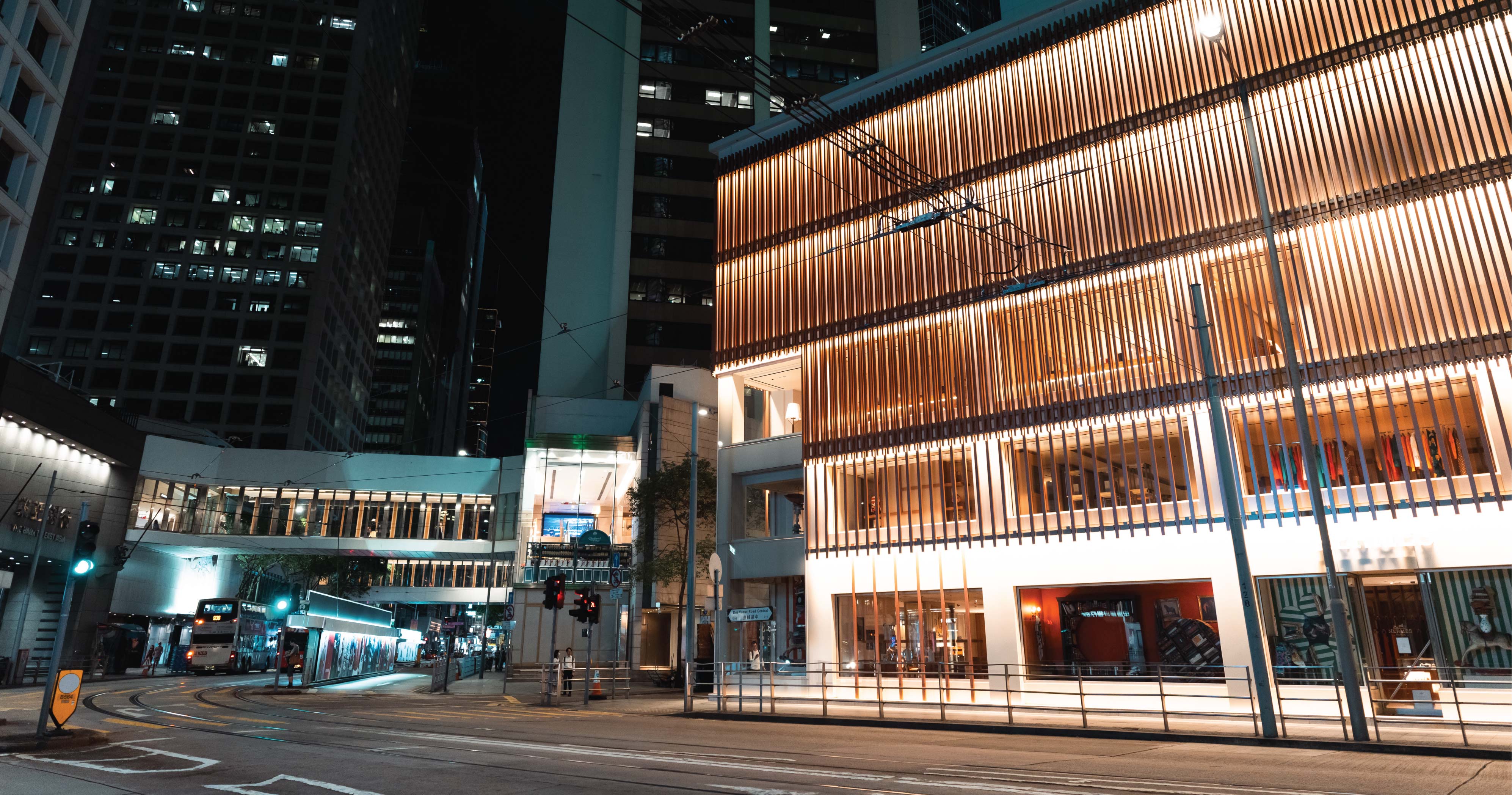
Hongkong Land conducted a pre-refurbishment audit for the Tomorrow’s CENTRAL project, assessing demolition waste and identifying opportunities to reclaim, reuse and recycle material.
Hongkong Land’s pre-refurbishment audit (PRA) for Tomorrow’s CENTRAL project provided a quantitative summary of expected waste and recommendations to contractors to maximise material reuse and recycling. The project set a target waste diversion rate of 75% of total construction waste by weight, aligning with the highest standards set by LEED and BEAM Plus.Targets were also set for using materials with recycled content, such as green concrete, rebar, and sustainably sourced timber. At least 30% of all timber and composite timber products must come from sustainable sources or be recycled or reused and certified by organisations like the Forest Stewardship Council (FSC). Reusing timber from other construction sites is also encouraged.
Read More
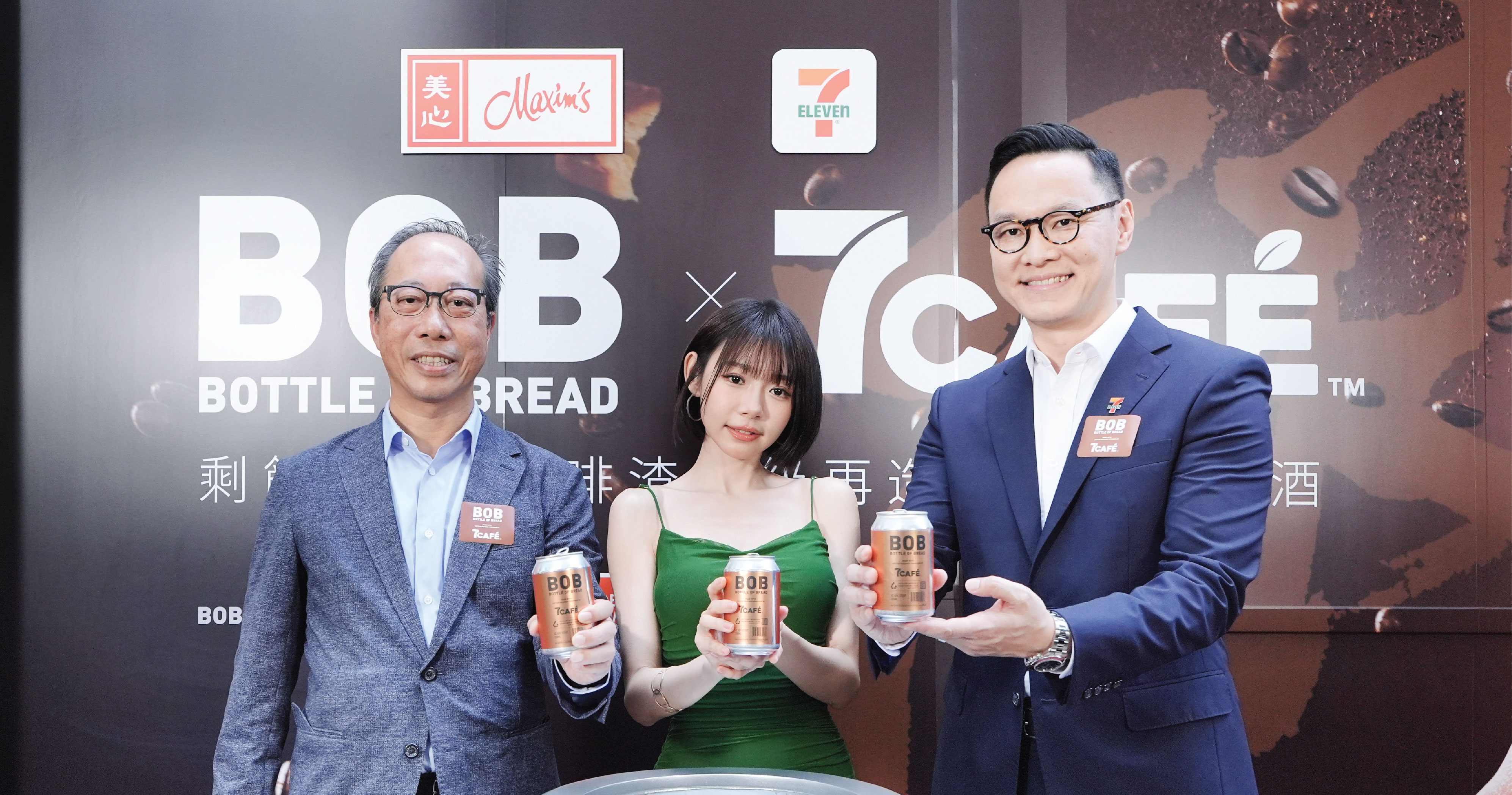
In 2024, Maxim’s embarked on a new upcycling journey with 7-Eleven to introduce the canned “Coffee BOB”, an innovative twist on the original BOB made from adding upcycled coffee grounds collected from 7 CAFÉ.
As at 2024, BOB has recycled 3.5 tonnes of surplus bread and 300 kg of coffee ground since its launch.
Read More
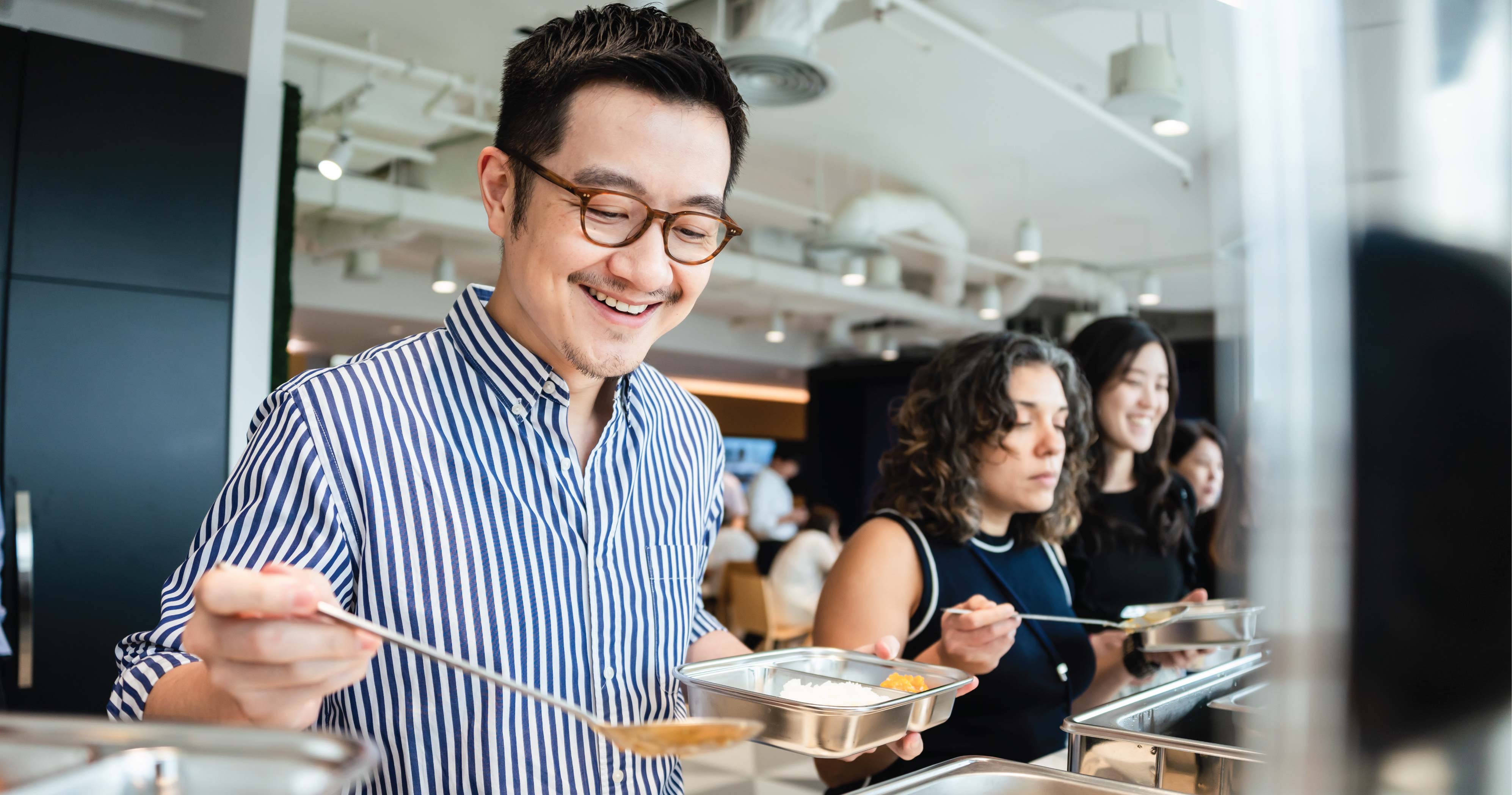
JRG has pioneered a sustainable lunch initiative served to colleagues at the Jardine Matheson Corporate office and the DFI office, in collaboration with Wellcome, local social enterprise Dignity Kitchen and NGO partner Jockey Club Home for Hospice. The initiative tackles surplus food while contributing to society. In 2024, 270kg food was saved and 880 beneficiaries were served.
Read More
Minimising our impacts on nature
Safeguarding biodiversity and ecosystems across the operations of our portfolio companies is important. To create long-term value, we are committed to understanding our dependencies and impacts on nature to help us effectively manage related risks and opportunities.
Initiatives across the Group
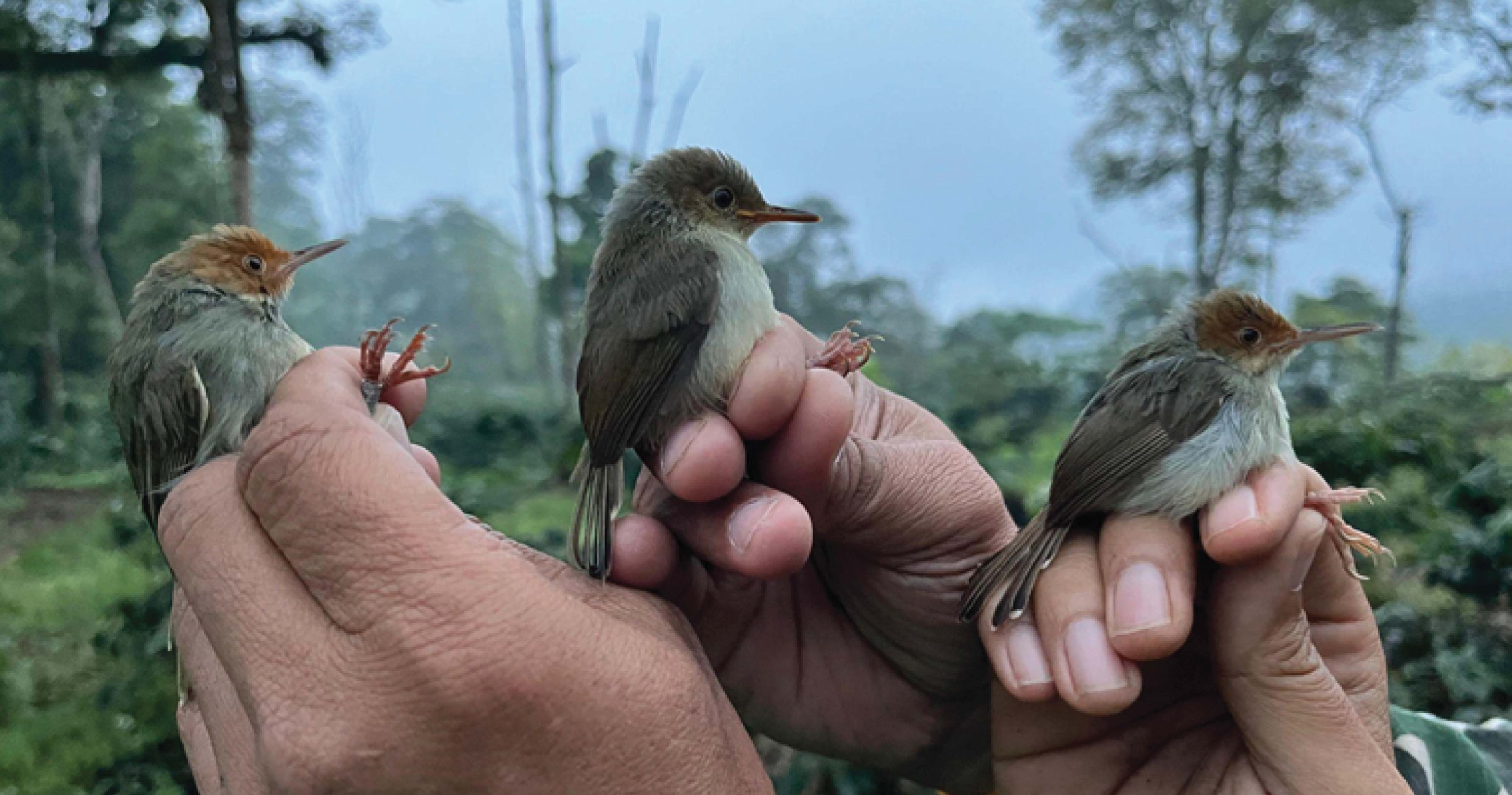
United Tractors has partnered with Wildlife Ecology Foundation to carry out bird banding and biodiversity index calculation activities in Indonesia, engaging multiple stakeholders to record the species distribution, contributing to local sustainable habitat management.
Read More
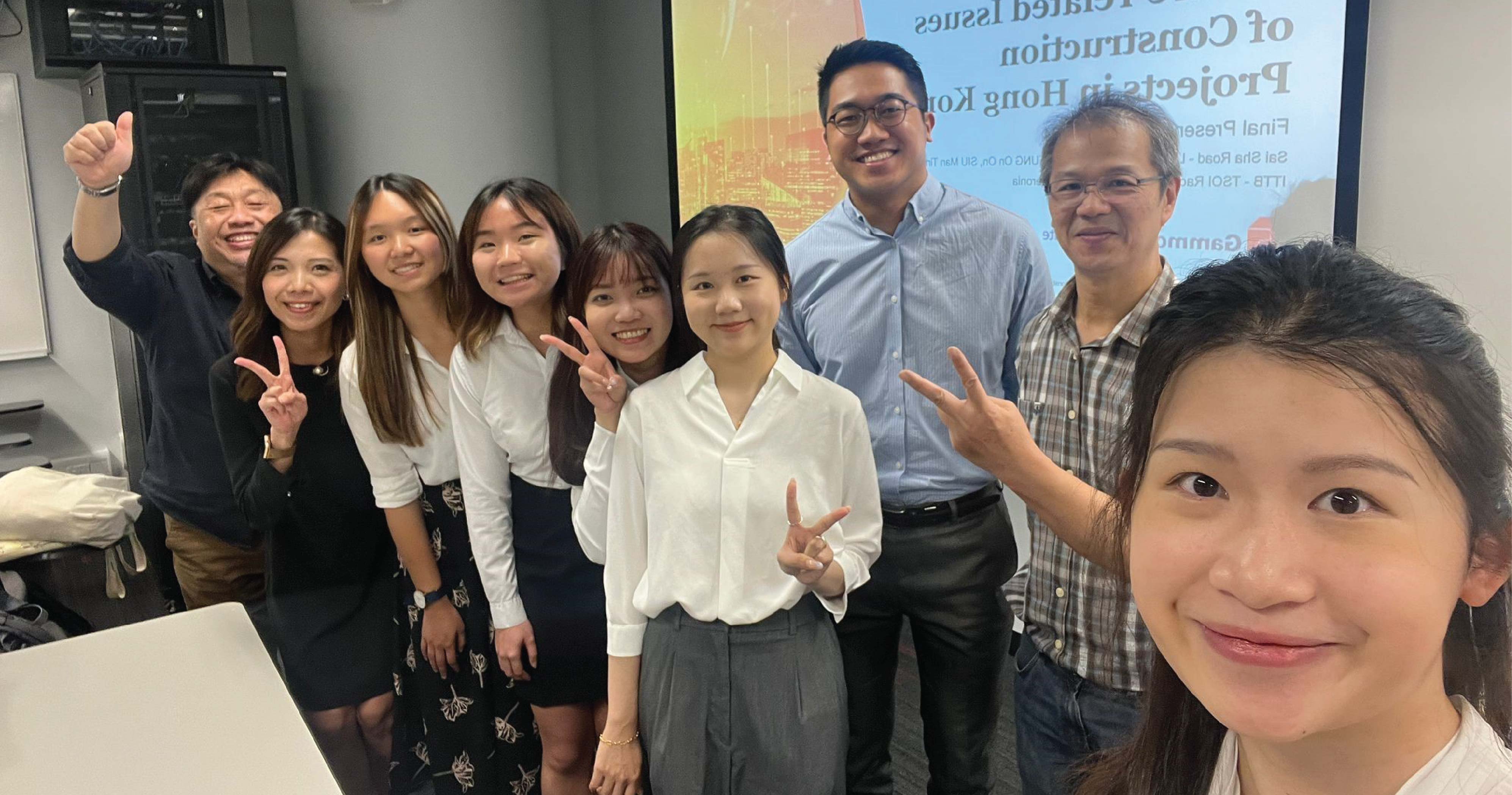
Gammon has engaged local university students to conduct a pilot assessment of nature-related issues for four selected high-impact materials used in two transport infrastructure projects, following the TNFD’s LEAP approach and the sector guidance documents.
Read More
